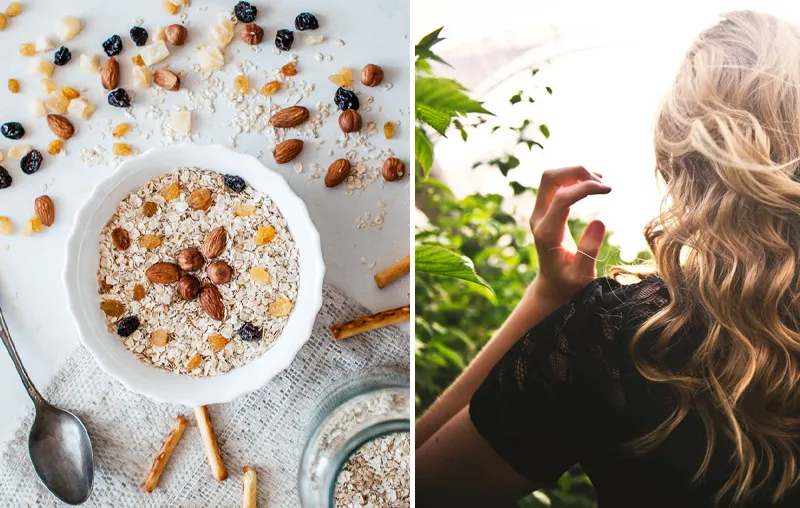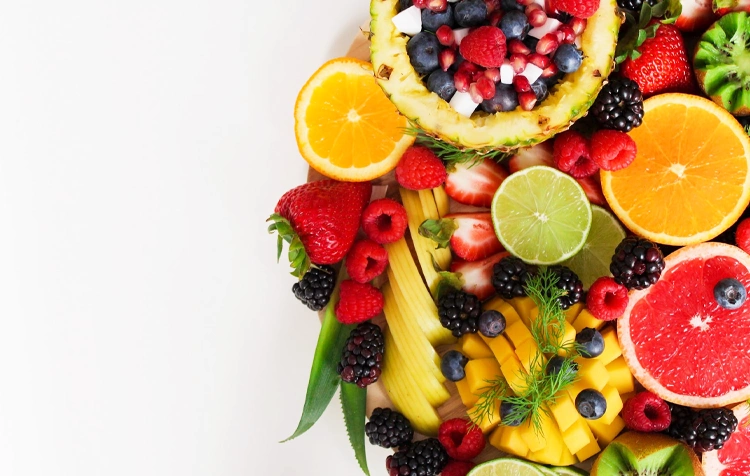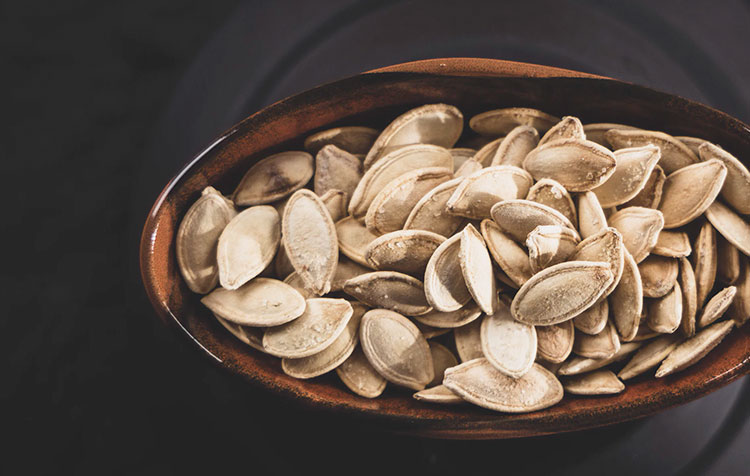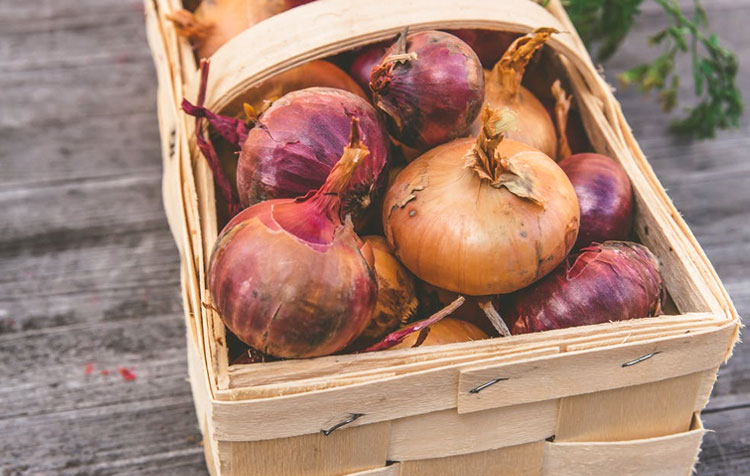You want to know more about potassium? Then you will find it here! I explain the most important details about the quantity element potassium. We start with a fact sheet and then continue with the intake, daily requirement, physiological significance, overdose, deficiency and the best potassium suppliers. In addition, I have summarized information for vegans and vegetarians and which dietary supplements can be useful.
Here is in advance a short Overview for you:
Notice: This article is not a substitute for medical advice, but merely provides general information about potassium. Please see your doctor if you feel unwell or want to prevent health problems with medical care.
Potassium PROFILE at a glance
Assignment: Set element, element category alkali metals
Important for: Water balance, blood pressure lowering, activates enzymes of glycogen and protein synthesis.
Daily requirement: 3,400-4000 mg/day from the age of 15.1,2
Recording: through food intake or dietary supplements
Overdose: theoretically possible, but no official upper level (UL) defined1,2,3
Deficiency symptoms: including dehydration, cardiac arrhythmias, muscle weakness, constipation
Food: Nuts, whole grain products, dried fruit
Nutritional supplement: mostly superfluous
How can you absorb potassium?
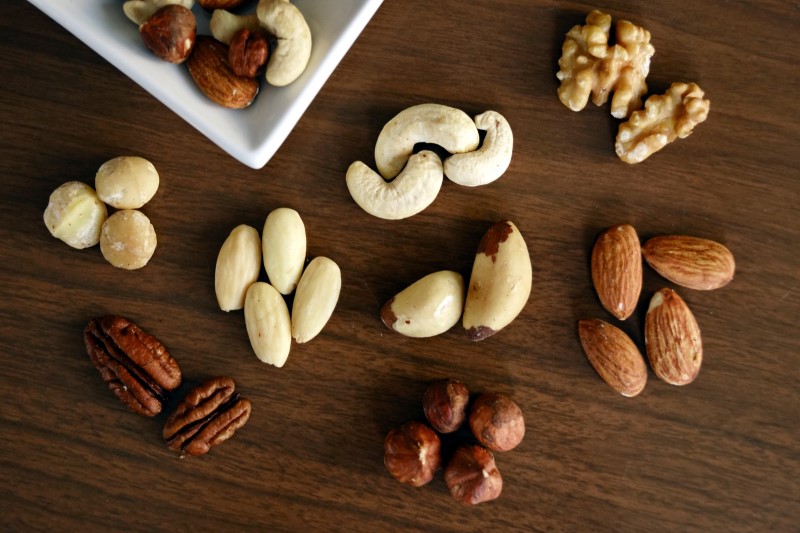
Potassium represents the most abundant intracellular ion with a positive charge and is the counterpart to sodium. The body stock is 146 g for males and 100 g for females. Of this, 98 % are localized inside the cells and 2 % outside the cells.
A high potassium intake can have a preventive effect on high blood pressure and reduce the Reduce risk of cardiovascular disease. Foods with a high potassium content and a low sodium content are particularly suitable for prevention. A wholefood diet rich in unprocessed food, as well as nuts, whole grains, legumes and dried fruits is ideal for this purpose.4
Potassium is a water-soluble bulk element. This means that potassium can be lost in the cooking water during preparation. To prevent this from happening, you can either use the Continue to use cooking water, for example, for soups or you can use a Use cooking method with little water, e.g. steaming or stewing. The bioavailability of potassium is about 85 %.
What is the daily requirement of potassium?
The recommended daily intake of potassium is put at 3,500 mg by the European Food Safety Authority (EFSA).2 The German Society for Nutrition (DGE) is in the lead with its 4,000 mg per day somewhat higher.1 The Office of Dietary Supplements differentiates the intake recommendations between men and women. For men, a daily requirement of 3,400 mg and for women 2,600 mg has been established.3
The following table shows the DGE reference values for the daily potassium intake of children and adolescents.
| Children and teenagers | Recommended intake in mg | |
| 1 to under 4 years | 1100 | |
| 4 to under 7 years | 1300 | |
| 7 to under 10 years | 2000 | |
| 10 to under 13 years | 2900 | |
| 13 to under 15 years | 3600 | |
| 15 to under 19 years | 4000 |
What does the body need potassium for?
Potassium is an electrolyte and therefore mainly regulates the Water balance. Also reduces the nutrient the Blood pressureas the vessels dilate. Potassium thus has a preventive effect on high blood pressure and cardiovascular diseases. Furthermore, it activates enzymes of the Glycogen and protein synthesis and is a factor in the excitability of nerve and muscle cells. Potassium also plays its part in the regulation of the acid-base balance, as it basic acts.
A brief overview of the functions of potassium:
- Regulates water balance
- Reduces blood pressure and risk of cardiovascular disease
- Activates enzymes for glycogen and protein synthesis
- Factor for the excitability of nerve and muscle cells
- Has an alkaline effect
Is an overdose of potassium possible?
Hyperkalemia, i.e. a toxic overdose of potassium is quite unlikely. Due to the lack of data, no Tolerable Upper Intake Level has yet been established by several nutrition societies.1,2,3 Hyperkalemia is said to occur at a serum potassium concentration of 5.5 mmol/L.
According to EFSA, a daily intake of 5,000-6,000 mg of potassium is safe. Supplementation of 5,000-7,000 mg of potassium in addition to dietary intake may negatively affect cardiac function.2 The average daily intake determined by EFSA ranges from 2,463 to 3,991 mg of potassium per day2so that with an additional supplementation of 5,000-7,000 mg, a total intake of 7.463-10.991 mg can be assumed. Such a high intake is rather unlikely.
In the case of an excessive intake of potassium, the human body can also regulate the potassium balance through the hormone aldosterone. For this purpose, the excretion of potassium via the kidney is stimulated.5
When it comes to Hyperkalemia this leads to an increased plasma concentration, a disturbance of the electrolyte balance and consequently to muscle weakness up to muscle paralysis, intestinal obstruction and in extreme cases cardiac arrhythmia, as well as cardiac arrest.
Causes and deficiency symptoms
Potassium deficiency can be diagnosed by measuring the potassium level. The most meaningful measurement is in whole blood, as the potassium content of the cellular components is then also measured.6
A potassium deficiency manifests itself in a change in the osmotic concentration in the cells, i.e. a Dehydration. This affects the musculature and can lead to cramps, weakening and even paralysis, as well as to Cardiac arrhythmias since the heart is also a muscle. The dehydration can also lead to a (chronic) Constipation come.
Other deficiency symptoms include a High insulin level or Craving on sweets.
Risk factors: Eating disorders such as bulimia, certain medications (diuretics and laxatives), frequent vomiting or diarrhea, excessive licorice consumption (100 grams daily for several weeks).
What are the best sources of potassium?
Potassium is a micronutrient that is present mainly in plant sources is. Basically, you will find a high potassium content in nuts, whole grain products, legumes and dried fruits. With a whole food diet that is high in plants, you don't have to worry much about your potassium intake. Here are some foods that are particularly high in potassium7:
- dried apricots (1,370 mg per 100 gram)
- Pistachios (1,020 mg per 100 grams)
- Lenses (840 mg per 100 gram)
- Raisins (749 mg per 100 gram)
- Almonds (705 mg per 100 gram)
- Buckwheat flour (wholemeal) (577 mg per 100 gram)

Potassium supply in a plant-based diet
According to the German Society for Nutrition (DGE), potassium belongs to not among the potentially critical nutrients with a plant-based diet.8 Since the nutrient is mainly found in plant foods, a potassium deficiency is very unlikely, especially with a vegan diet. The prerequisite for this is, of course, that you regularly consume fresh and unprocessed foods.
Potassium supplementation?
You should always discuss supplementation with your doctor or a nutritionist, as excessive potassium intake can lead to hyperkalemia. For most healthy people who eat a balanced, whole-foods, plant-based diet, potassium supplementation is not necessary.
However, if you suffer from an eating disorder such as bulimia, regular diarrhea or vomiting, or regularly take laxatives or diuretics, you will have very high potassium losses. You can then compensate for these high potassium losses through supplementation.
Potassium capsules: you get here*
Covering the daily potassium requirement is no problem!
With a balanced, whole-food plant-based diet with plenty of Fruit and vegetablesyou cover your potassium requirements well. If you also exercise regularly and go out into the fresh airIn addition, through these measures, you can prevent many diseases, such as Prevent cardiac arrhythmias. Because a high potassium intake is particularly important for Hypertension recommended and can have a positive effect on your heart health.
Feel free to leave a comment with a question or suggestion about my post on potassium.
All the best,

PS.: You are interested in it, why we live vegan? You can read our reasons in the linked post! And if you want to know even more about a healthy lifestyle, then feel free to check out the posts about Salutogenesis or Vitamin B12.
References:
1 Deutsche Gesellschaft für Ernährung e. V.: Potassium, https://www.dge.de/wissenschaft/referenzwerte/kalium/?L=0, [13.07.2021].
2 European Food Safety Authority: Dietary reference values for potassium, https://efsa.onlinelibrary.wiley.com/doi/epdf/10.2903/j.efsa.2016.4592. [13.07.2021].
3 National Institutes of Health. Office of Dietary Supplements: potassium, https://ods.od.nih.gov/factsheets/Potassium-HealthProfessional. [13.07.2021].
4 Deutsche Gesellschaft für Ernährung e. V.: DGE updates reference values for sodium, chloride and potassium, https://www.dge.de/presse/pm/dge-aktualisiert-die-referenzwerte-fuer-natrium-chlorid-und-kalium. [13.07.2021].
5 V. Dahm, E. Rudolf-Müller: Potassium, https://www.netdoktor.de/laborwerte/kalium. [13.07.2021].
6 Center of health: Determine mineral deficiency: Diagnosis, https://www.zentrum-der-gesundheit.de/krankheiten/weitere-erkrankungen/mangelerscheinungen/mineralstoffmangel. [13.07.2021].
7 United States Department of Agriculture: USDA National Nutrient Database for Standard Reference, Release 24, https://web.archive.org/web/20130405165606/https://www.ars.usda.gov/SP2UserFiles/Place/12354500/Data/SR24/nutrlist/sr24w306.pdf. [13.07.2021].
8 Deutsche Gesellschaft für Ernährung e. V.: Supplement to the position of the German Nutrition Society regarding population groups with special nutritional needs, https://www.dge.de/wissenschaft/weitere-publikationen/dge-position/vegane-ernaehrung/?L=0 [13.07.2021].


